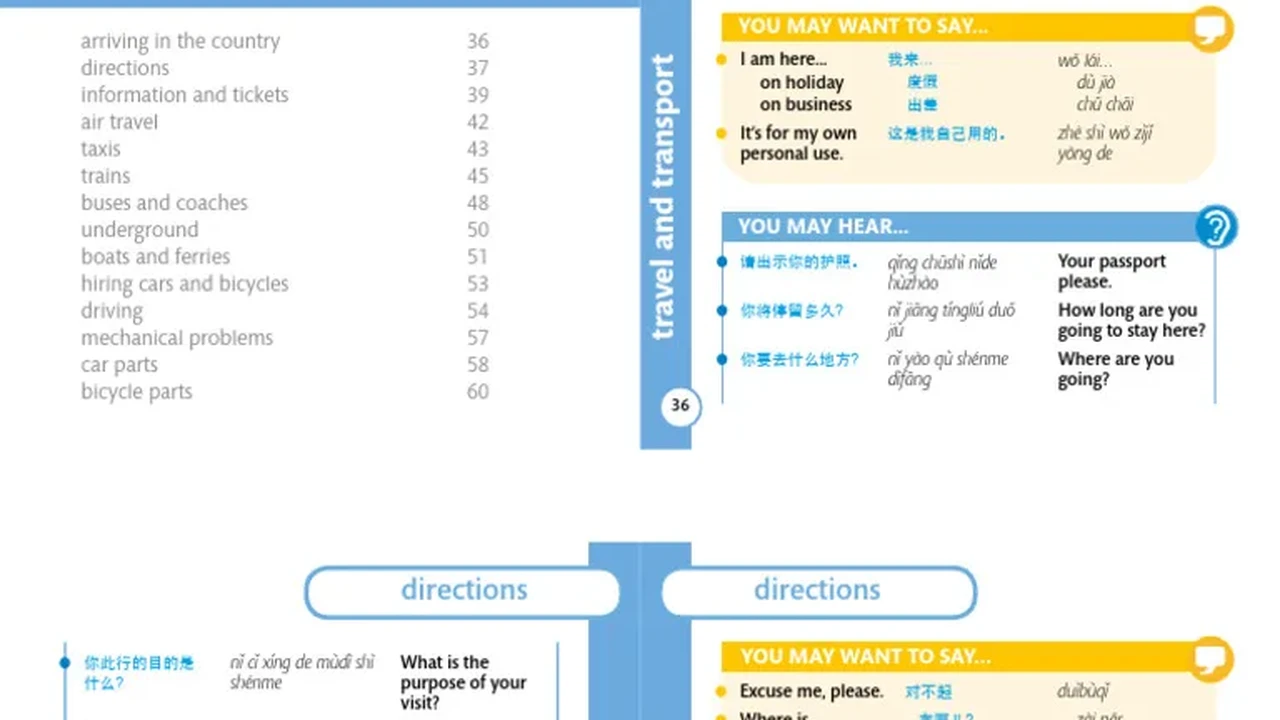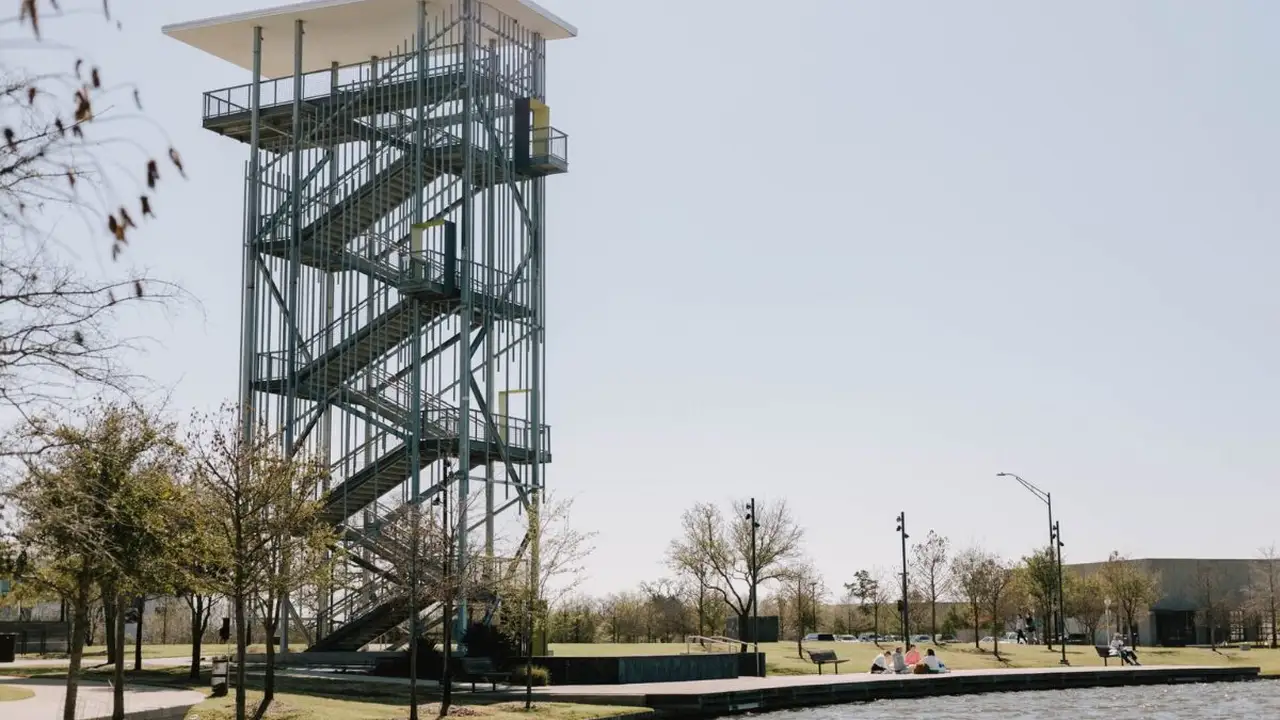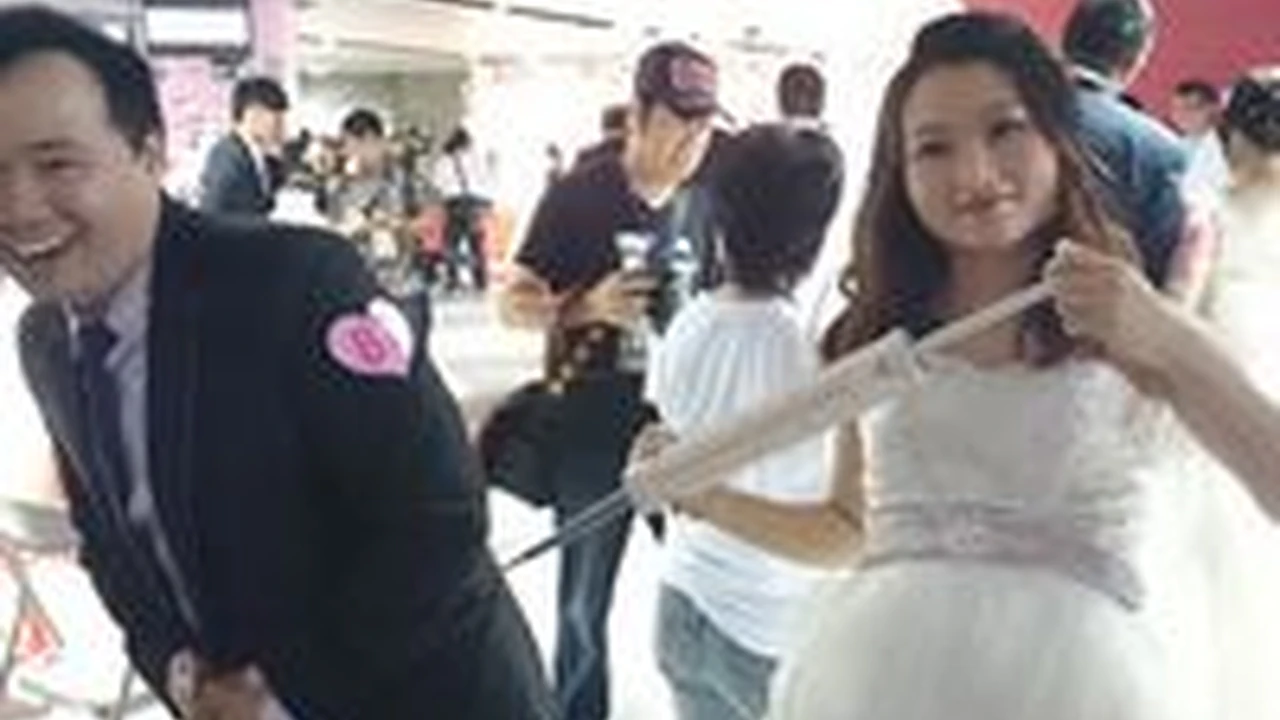Learning Basic Mandarin Phrases for Your Trip to Taiwan
Sample meta description.

Essential Mandarin Phrases for Taiwan Travel: Greetings and Introductions
So, you're heading to Taiwan? Awesome choice! Taiwan is a vibrant island with delicious food, stunning scenery, and incredibly friendly people. But let's be real, while English is spoken in tourist areas, knowing some basic Mandarin phrases will seriously enhance your experience. It'll open doors, show respect, and make your interactions way more authentic. Think of it as unlocking a secret level in your travel game!
First things first: greetings! These are your bread and butter. Learn them, love them, use them constantly.
- 你好 (nǐ hǎo): Hello. This is your go-to greeting. Use it with everyone, everywhere. It's polite and universally understood.
- 你好嗎 (nǐ hǎo ma): How are you? A natural follow-up to "Hello." People might respond with "我很好 (wǒ hěn hǎo)," meaning "I'm fine," or "還可以 (hái kě yǐ)," meaning "So so."
- 謝謝 (xiè xiè): Thank you. A crucial phrase. Use it liberally! Taiwanese people are incredibly helpful, and expressing your gratitude goes a long way.
- 不客氣 (bù kè qì): You're welcome. The standard response to "Thank you."
- 早安 (zǎo ān): Good morning. Use this before noon. It's a nice way to start the day.
- 晚安 (wǎn ān): Good evening/Good night. Use this after dinner.
Now, let's move on to introductions. Meeting new people is part of the fun of travel, and these phrases will help you break the ice.
- 我叫… (wǒ jiào…): My name is… Fill in the blank with your name.
- 我是… (wǒ shì…): I am… Follow this with your nationality. For example, "我是美國人 (wǒ shì měi guó rén)" means "I am American."
- 很高興認識你 (hěn gāo xìng rèn shì nǐ): Nice to meet you. A polite way to end an introduction.
Pro Tip: Tone is super important in Mandarin. If you're unsure, try to mimic the tone you hear. Don't be afraid to ask people to repeat themselves! They'll appreciate your effort.
Navigating Taiwan: Essential Mandarin for Transportation and Directions
Getting around Taiwan is generally pretty easy, but knowing a few key phrases will make your life much smoother, especially if you venture off the beaten path. Let's equip you with the Mandarin skills you need to navigate like a pro!
- 請問 (qǐng wèn): Excuse me/May I ask…? Use this to politely get someone's attention before asking a question.
- 在哪裡 (zài nǎ lǐ): Where is…? Fill in the blank with what you're looking for. For example, "洗手間在哪裡 (xǐ shǒu jiān zài nǎ lǐ)" means "Where is the restroom?"
- 火車站 (huǒ chē zhàn): Train station.
- 捷運站 (jié yùn zhàn): MRT (subway) station.
- 公車站 (gōng chē zhàn): Bus stop.
- 計程車 (jì chéng chē): Taxi.
- 我要去… (wǒ yào qù…): I want to go to… Fill in the blank with your destination. For example, "我要去台北101 (wǒ yào qù tái běi yī líng yī)" means "I want to go to Taipei 101."
- 多少錢 (duō shǎo qián): How much does it cost?
- 這裡 (zhè lǐ): Here.
- 那裡 (nà lǐ): There.
- 直走 (zhí zǒu): Go straight.
- 左轉 (zuǒ zhuǎn): Turn left.
- 右轉 (yòu zhuǎn): Turn right.
Imagine you're trying to find the nearest MRT station. You could approach someone and say, "請問, 捷運站在哪裡 (qǐng wèn, jié yùn zhàn zài nǎ lǐ)?" They might point you in the right direction and say, "直走, 然後左轉 (zhí zǒu, rán hòu zuǒ zhuǎn)," meaning "Go straight, then turn left."
Pro Tip: Download a translation app on your phone. Google Translate works well, but Pleco is excellent for Mandarin specifically. Even if you can't pronounce the phrases perfectly, you can show the Chinese characters to someone.
Ordering Food and Drinks: Mandarin Phrases for Culinary Adventures in Taiwan
Taiwan is a foodie paradise! From night market snacks to Michelin-starred restaurants, there's something for everyone. But navigating a menu in Chinese can be daunting. Let's arm you with the Mandarin phrases you need to conquer the culinary scene.
- 菜單 (cài dān): Menu. You can say, "請問, 有菜單嗎 (qǐng wèn, yǒu cài dān ma)?" meaning "Excuse me, do you have a menu?"
- 我想要… (wǒ xiǎng yào…): I want… Fill in the blank with what you want to order. For example, "我想要一個小籠包 (wǒ xiǎng yào yī gè xiǎo lóng bāo)" means "I want one soup dumpling."
- 這個 (zhè gè): This one. You can point at something on the menu and say, "我想要這個 (wǒ xiǎng yào zhè gè)."
- 那個 (nà gè): That one.
- 好吃 (hǎo chī): Delicious! Use this to compliment the food.
- 不好吃 (bù hǎo chī): Not delicious. (Hopefully, you won't need this one!)
- 辣 (là): Spicy.
- 不辣 (bù là): Not spicy.
- 素食 (sù shí): Vegetarian.
- 買單 (mǎi dān): Check, please.
- 打包 (dǎ bāo): To go.
- 水 (shuǐ): Water.
- 茶 (chá): Tea.
- 啤酒 (pí jiǔ): Beer.
Imagine you're at a night market and you want to try the famous stinky tofu. You could point at it and say, "我想要這個 (wǒ xiǎng yào zhè gè)." If you like it, you can say, "好吃 (hǎo chī)!"
Pro Tip: Many restaurants have pictures on their menus. Don't be afraid to point and gesture! Also, be aware that tipping is not customary in Taiwan.
Shopping in Taiwan: Mandarin Phrases for Bargaining and Buying Souvenirs
Taiwan offers a fantastic shopping experience, from bustling night markets to high-end department stores. Knowing some basic Mandarin phrases will help you score some great deals and communicate with vendors.
- 這個多少錢 (zhè gè duō shǎo qián): How much is this?
- 太貴了 (tài guì le): Too expensive.
- 可以便宜一點嗎 (kě yǐ pián yí yī diǎn ma): Can you make it cheaper? This is your bargaining phrase!
- 有沒有別的顏色 (yǒu méi yǒu bié de yán sè): Do you have other colors?
- 有沒有別的尺寸 (yǒu méi yǒu bié de chǐ cùn): Do you have other sizes?
- 我要這個 (wǒ yào zhè gè): I want this.
- 我不要了 (wǒ bù yào le): I don't want it.
- 信用卡 (xìn yòng kǎ): Credit card.
- 現金 (xiàn jīn): Cash.
- 收據 (shōu jù): Receipt.
Let's say you're at a night market and you see a cute souvenir. You ask, "這個多少錢 (zhè gè duō shǎo qián)?" The vendor says, "五百塊 (wǔ bǎi kuài)," meaning "500 NTD." You think it's a bit pricey, so you say, "太貴了 (tài guì le). 可以便宜一點嗎 (kě yǐ pián yí yī diǎn ma)?" The vendor might come down a bit on the price.
Pro Tip: Bargaining is expected in night markets and smaller shops. Be polite and friendly, and don't be afraid to walk away if you can't agree on a price.
Recommended Products and Usage Scenarios
Beyond phrases, having a few handy products can significantly enhance your Mandarin learning experience and your trip to Taiwan. Here are a few recommendations:
- Pocket Translator (e.g., Vasco Translator M3): This dedicated device offers instant voice and text translation in numerous languages, including Mandarin. Usage Scenario: Perfect for real-time conversations with locals who don't speak English, especially in rural areas or smaller shops. Comparison: While phone apps are convenient, a dedicated device often provides more accurate and faster translations, especially in noisy environments. Price: $300-$400.
- Portable WiFi Hotspot (e.g., GlocalMe G4 Pro): Staying connected is crucial for accessing translation apps, maps, and other online resources. A portable WiFi hotspot provides a reliable and secure internet connection, avoiding expensive roaming charges. Usage Scenario: Use it for navigating, booking transportation, and staying in touch with family and friends. Comparison: Cheaper than roaming and often more reliable than public WiFi. Price: $150-$200 (plus data plans).
- Mandarin Learning Apps (e.g., Duolingo, HelloChinese): These apps offer interactive lessons and games to help you learn basic Mandarin vocabulary and grammar. Usage Scenario: Use them on your commute or during downtime to practice your Mandarin skills. Comparison: Duolingo is free and gamified, while HelloChinese offers a more structured curriculum. Price: Free (with optional premium subscriptions).
- Phrasebook (e.g., Lonely Planet Mandarin Phrasebook & Dictionary): A physical phrasebook can be a lifesaver when your phone battery dies or you don't have internet access. Usage Scenario: Keep it in your bag for quick reference when you need a specific phrase. Comparison: More reliable than electronic resources in situations where technology fails. Price: $10-$15.
- Noise-Canceling Headphones (e.g., Sony WH-1000XM5, Bose QuietComfort 45): Essential for focusing on language learning in noisy environments like airplanes or cafes. Usage Scenario: Use them to listen to Mandarin lessons or podcasts without distractions. Comparison: Sony generally offers better noise cancellation, while Bose is known for its comfort. Price: $300-$400.
Polite Phrases and Cultural Considerations: Showing Respect in Taiwan
Beyond the basics, knowing a few polite phrases and being aware of cultural nuances will go a long way in showing respect and making a positive impression. Taiwanese people are incredibly welcoming, and they appreciate it when visitors make an effort to learn about their culture.
- 請 (qǐng): Please. Use this when making a request. For example, "請給我一杯水 (qǐng gěi wǒ yī bēi shuǐ)" means "Please give me a glass of water."
- 對不起 (duì bù qǐ): Sorry. Use this when you accidentally bump into someone or make a mistake.
- 沒關係 (méi guān xì): It's okay/No problem. The standard response to "Sorry."
- 麻煩你 (má fán nǐ): Sorry to bother you. Use this when asking someone for help.
Cultural Considerations:
- Business cards: Present and receive business cards with both hands, showing respect.
- Chopsticks: Don't stick your chopsticks upright in a bowl of rice, as this resembles a funeral ritual.
- Gifts: When giving a gift, it's customary to refuse it a few times before accepting it.
- Shoes: Remove your shoes when entering someone's home.
- Loudness: Avoid being overly loud or boisterous in public places.
By incorporating these phrases and cultural considerations into your interactions, you'll demonstrate your respect for Taiwanese culture and create a more meaningful and enjoyable travel experience.
:max_bytes(150000):strip_icc()/277019-baked-pork-chops-with-cream-of-mushroom-soup-DDMFS-beauty-4x3-BG-7505-5762b731cf30447d9cbbbbbf387beafa.jpg)






